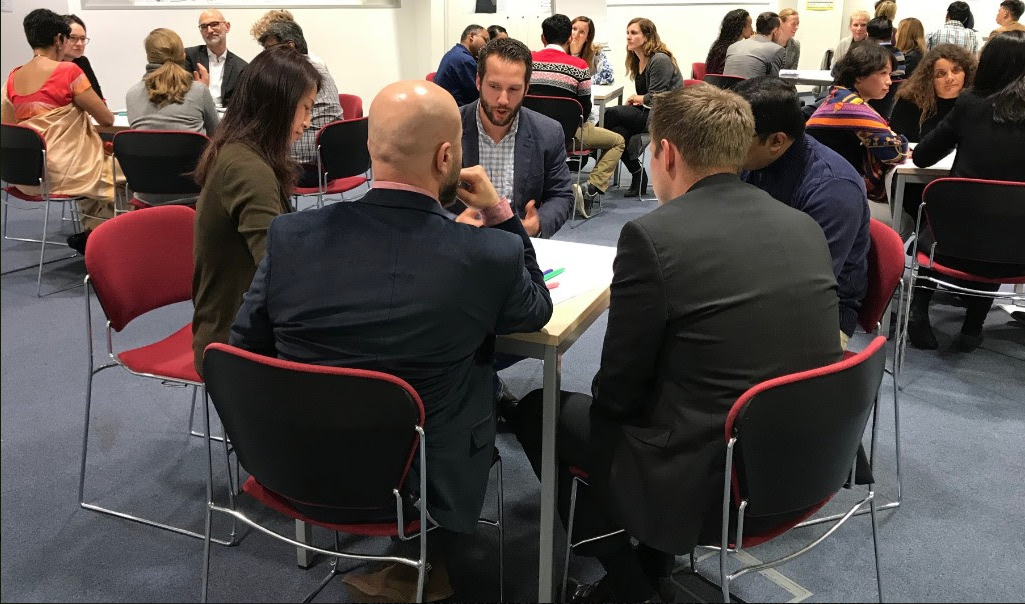
Appreciative Inquiry for Building Strategy that Thrives
“Each team has something that works well, gives it life and effectiveness and ensures its success. “
Explore how the Appreciative Inquiry approach helps build on your team and organisational strengths in a way that makes the weaknesses irrelevant, and your strategies succeed.
With the Appreciative Inquiry we advance by examining what an organisation has experienced and succeeded in, what continues to exist to support it, and what it plans to be in the future.
It helps organisations identify what they want more of, create a shared vision of the future and turn that vision into reality.
The Appreciative Inquiry begins with the discovery of what is positive and what already works within the objective of progress. It is this “core of success” that serves as an energising and inspiring support for the development of any new project.
What is a positive approach to change?
A focus on solutions to achieve a state of success rather than solutions to remove a problem. In Vietnam after the war, there were many, many problems that contributed to childhood malnutrition: poor infrastructure; land mines; few schools; a broken economy; no jobs; no funding; the US sanctions; etc. Yet in each community there were also children who were not malnourished. By focussing on the factors that differentiated healthy children from malnourished, communities were able to identify the elements they could quickly practice themselves to solve this issue. A positive approach to change enables you to find what is working well, and ensure you protect and grow that in a way that helps your organisation improve.
Questions in the context of the Appreciative Inquiry
Questions that highlight strengths and successes bolster enthusiasm, creativity, hope, motivation and commitment. New directions can then emerge and innovative actions taken.
The Appreciative Inquiry gives very good results because it:
- Develops positive relationships, a spirit of cooperation and shared responsibility
- Encourages people to share their wishes and vision for the future
- Gives many avenues of action to build the future
- Allows people to be listened to and participate meaningfully
- Allows the desired and shared change to exist
The applications of the Appreciative Approach are numerous:
- Group strategy and planning
- Development of management and leadership
- Improved quality of work life
- Transformation and evolution process
- Team cohesion
- Development of creativity and innovation
- …
You’ll be hosted by Stephan Krajcik, Caroline Rennie and Jany Barraut. The event is held in English, though the hosts speak fluent English and can certainly assist in French at moments.
Join us to learn the fundamentals of this extraordinary approach!